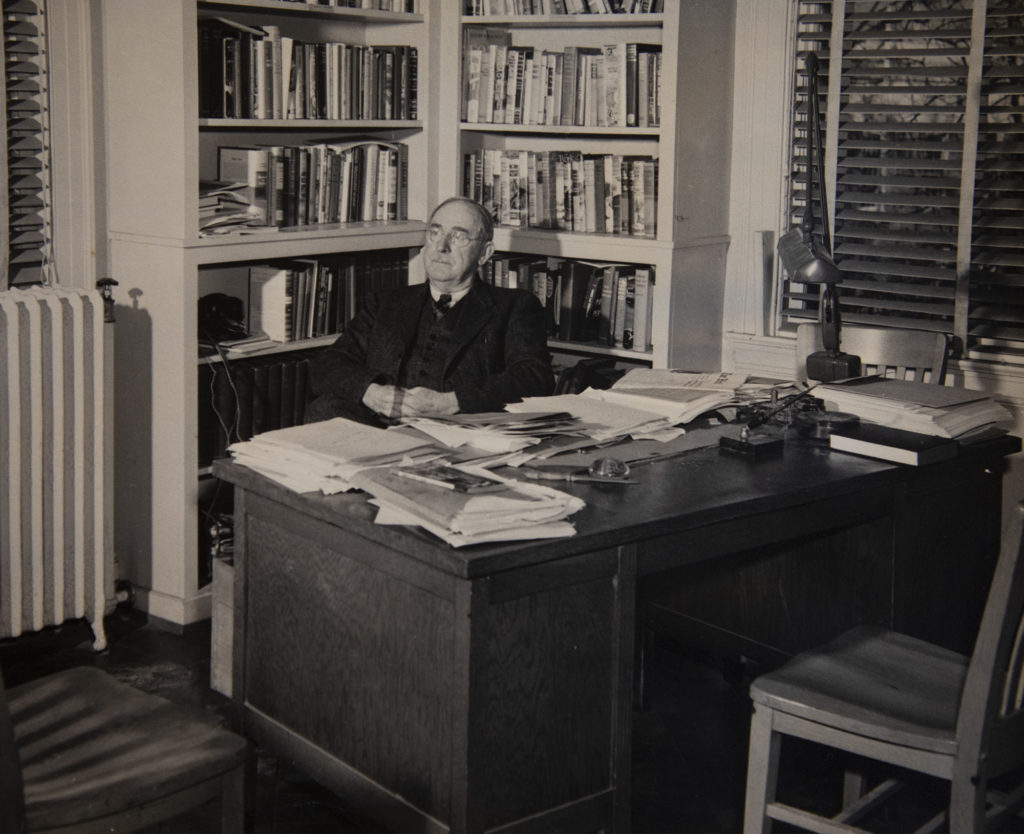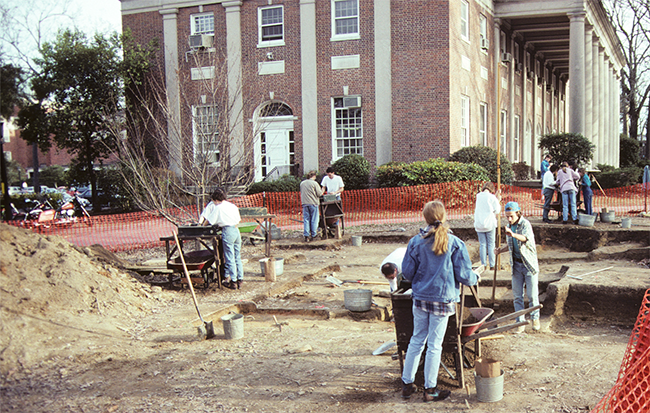 North Carolina’s 800,000 Latinos represent the fastest-growing segment of the population and a significant potential market for the housing industry, researchers at the University of North Carolina at Chapel Hill report in a new study.
North Carolina’s 800,000 Latinos represent the fastest-growing segment of the population and a significant potential market for the housing industry, researchers at the University of North Carolina at Chapel Hill report in a new study.
But a range of obstacles inhibit homeowner and renter markets from growing, researchers said in the study, The State of Latino Housing in North Carolina 2015. Given the state’s aging native-born population, the much-younger Latino population (50 percent are under age 25) will play a major social and economic role in coming decades.
“Thus, it is a strategic imperative to ensure that Latinos are fully integrated into the mainstream of the North Carolina economy, housing market and society more generally,” researchers Roberto G. Quercia, James H. Johnson Jr. and Mark McDaniel said in the report.
Quercia is professor and chair of UNC’s Department of City and Regional Planning and director of the UNC Center for Community Capital, part of the College of Arts and Sciences; Johnson is William R. Kenan Jr. Distinguished Professor of strategy and entrepreneurship and director of the Urban Investment Strategies Center at the Frank Hawkins Kenan Institute of Private Enterprise at UNC Kenan-Flagler Business School; and McDaniel is senior research associate for the center and the institute.
Latino Community Development Center (Latino CDC) and Latino Community Credit Union (LCCU) commissioned the study to better understand the housing needs of the state’s Latino population, barriers they face in securing housing and market potential they represent.
“It is clear from this study that all of us working in the housing sector need to find ways to expand affordable housing options, both single-family homes and rentals, do a better job of educating and connecting Latinos with information and resources, and train industry players how they can better tap and serve this market,” said LCCU CEO Luis Pastor.
Latinos are more likely to rent (57 percent) compared to all N.C. households (33 percent), the study finds. Half of all Latino renters and 37 percent of Latino homeowners are cost-burdened, spending more than 30 percent of their income on housing. Rents and security deposits are especially high for larger Latino families that need larger units.
On the home-buying front, recession brings sharper declines in mortgage applications and greater loan denial rates for Latinos compared to N.C. households overall. For instance, Latino applications for site-built homes fell 68 percent in 2011-13 compared to 52 percent for all households. Denial rates for Latino home loan applications were 19 percent in 2011-2013 compared to 14 percent for N.C. households overall. Latino households also rely more on subprime, Federal Housing Administration and Veterans Administration loans than the market as a whole.
Researchers found that Latinos lack knowledge about their rights to home buying, ways to build and repair credit and ways to acquire a mortgage loan.
The study recommends that housing and community advocates collaborate to develop and implement an action plan for providing better information to Latinos, correct misperceptions and address barriers.
Policy actions, such as expanding the federal Low Income Housing Tax Credit and fully funding the National Housing Trust Fund, could add to the supply of affordable housing. Increasing funding for the Housing Voucher Choice Program would enable more Latinos to afford quality rental housing.
North Carolina State Employees’ Credit Union (SECU), a key player in founding LCCU and an ongoing partner with LCCU in working to serve North Carolina’s Latino community, along with Z. Smith Reynolds Foundation and Square 1 Bank, a division of Pacific Western Bank, provided additional funding for the study. A 26-member advisory committee that included housing industry experts informed the development of the study.
“As a founding partner and supporter of LCCU and its mission to serve the Latino community, State Employees’ Credit Union was happy to provide funding for a study to help further identify ways to serve this growing, yet underserved North Carolina population,” said Cynthia Jolly, chair of SECU’s board of directors.
The study may be found online.
Latino CDC is a nonprofit organization that promotes financial literacy, affordable housing and economic development for low-income Latino and other immigrant communities in North Carolina. LCCU, founded in 2000, is a national model credit union and community development financial institution that offers a full package of ethical, bilingual financial services, better credit options and financial education. LCCU’s primary mission is to integrate newcomers and the underserved into the U.S. financial system, providing economic opportunity for all. For more information, visit www.latinoccu.org.
SECU, a not-for-profit financial cooperative owned by its members, has been providing employees of the State of North Carolina and their families with consumer financial services for over 78 years. The Credit Union also offers a diversified line of financial advisory services including retirement and education planning, tax preparation, insurance, trust and estate planning services, and investments through its partners and affiliated entities. SECU serves 2 million members through 255 branch offices, over 1,100 ATMs, 24/7 contact centers and a website, www.ncsecu.org.



